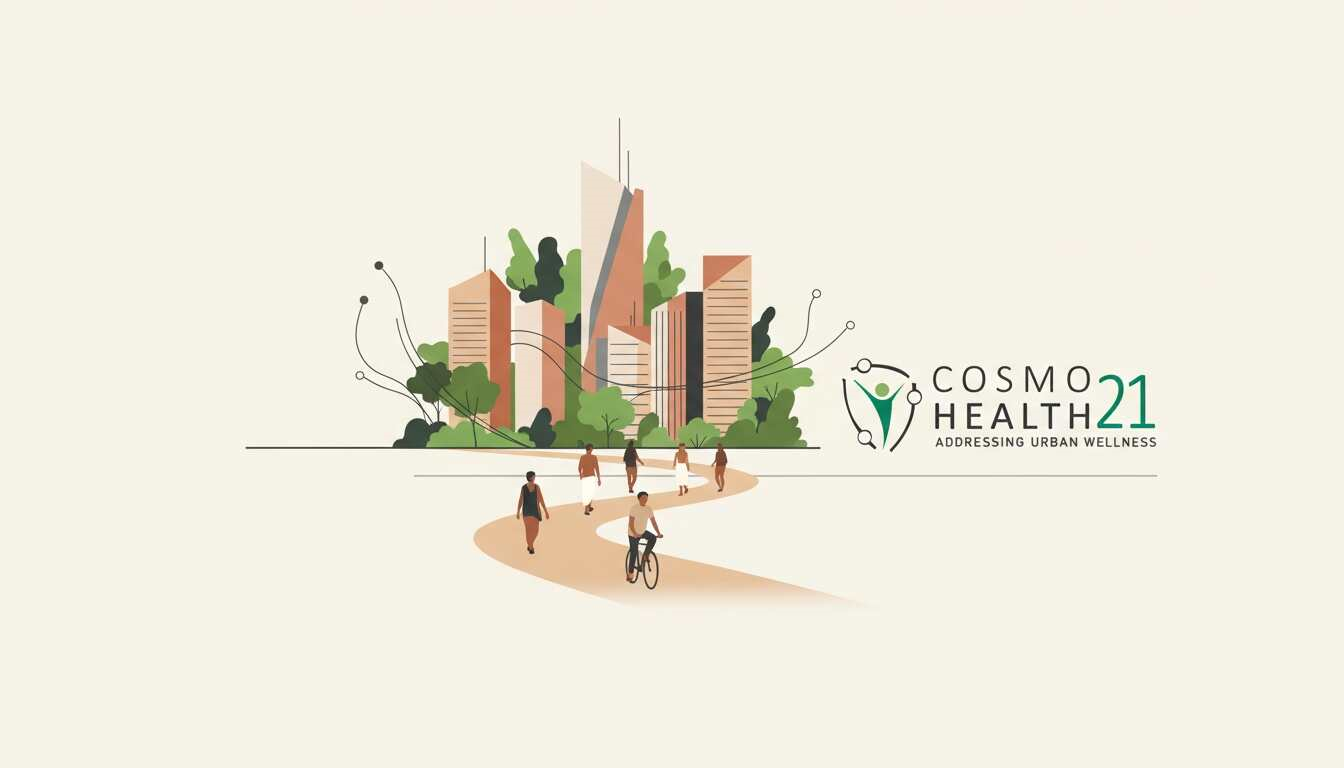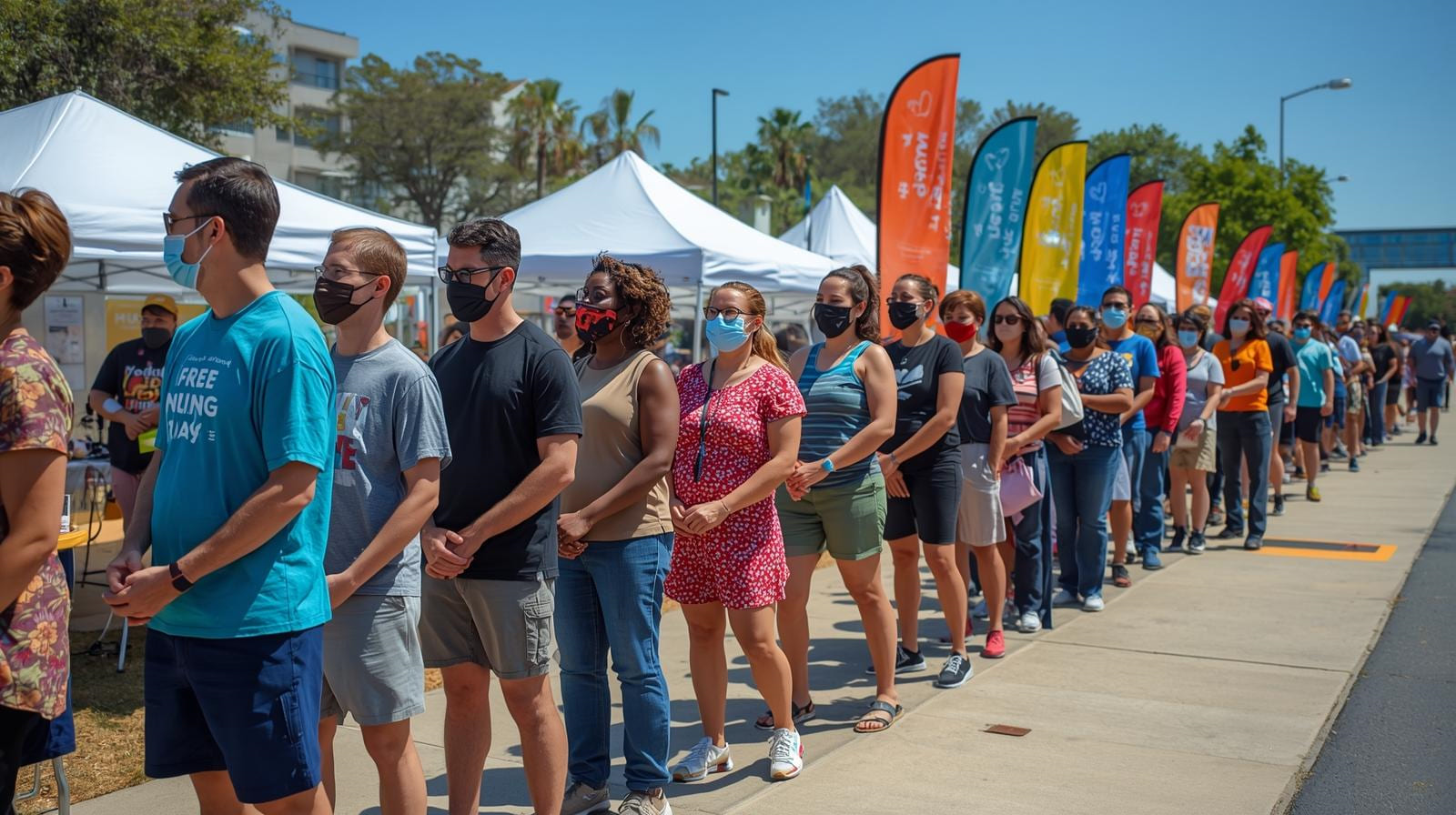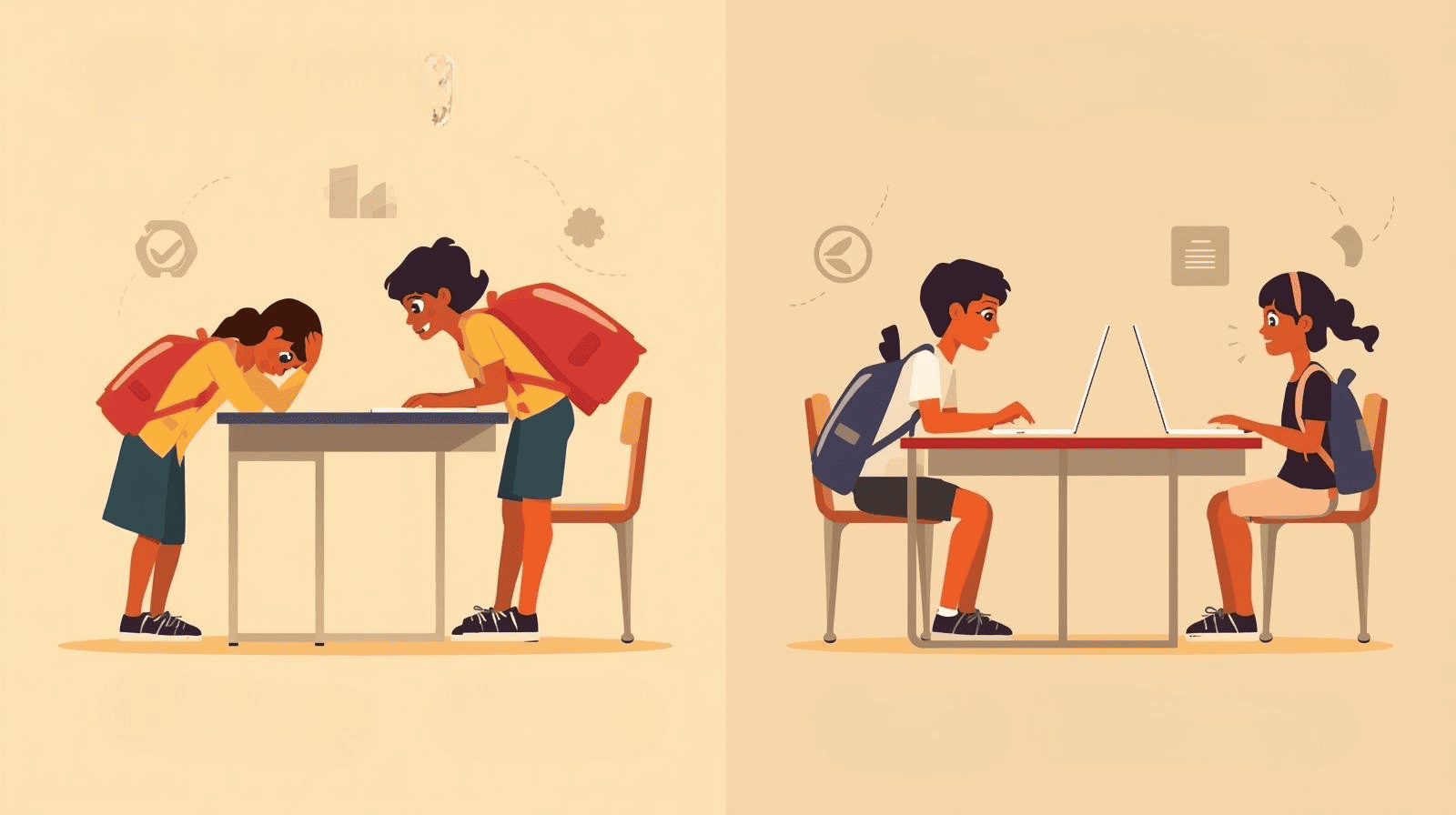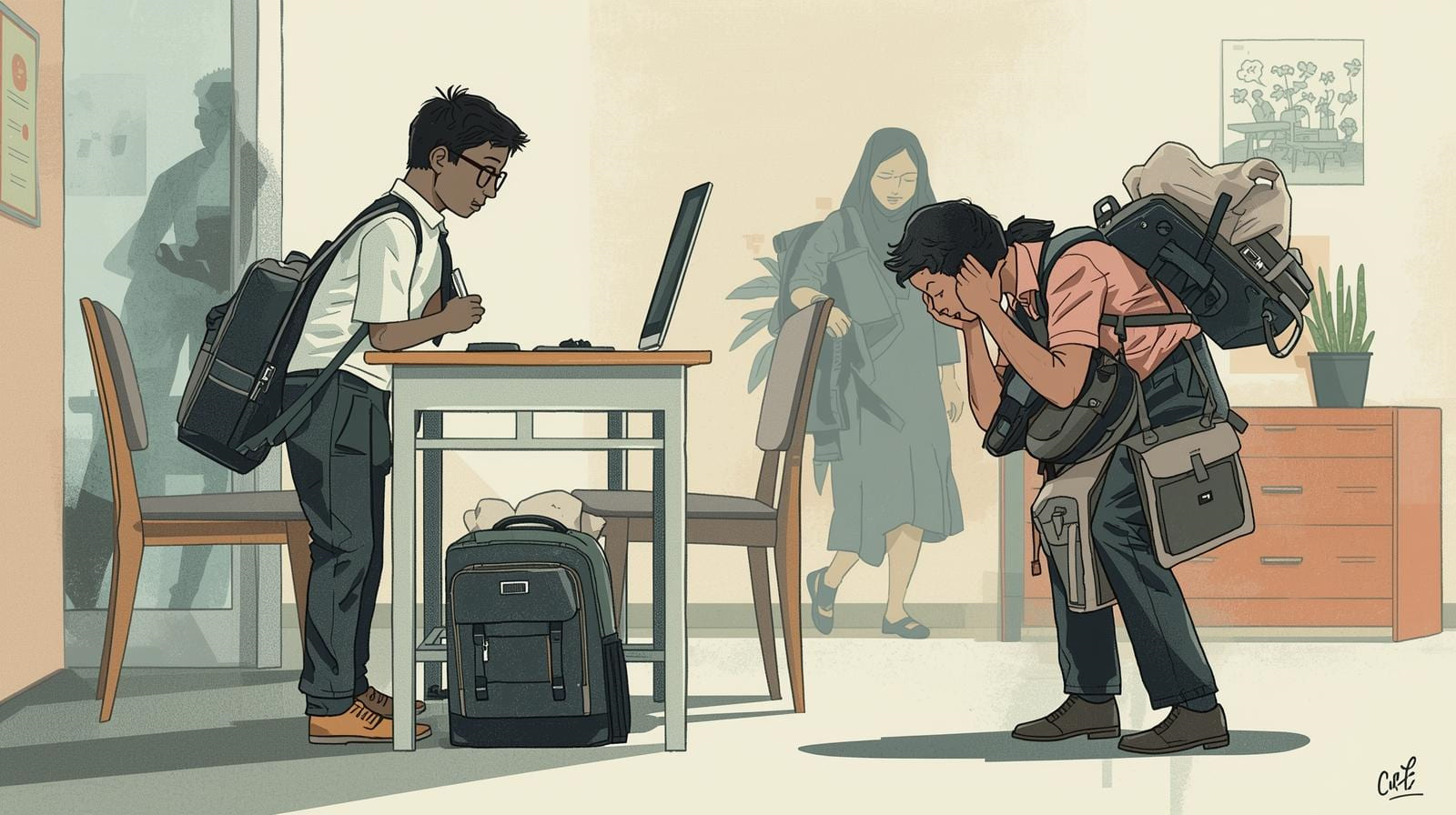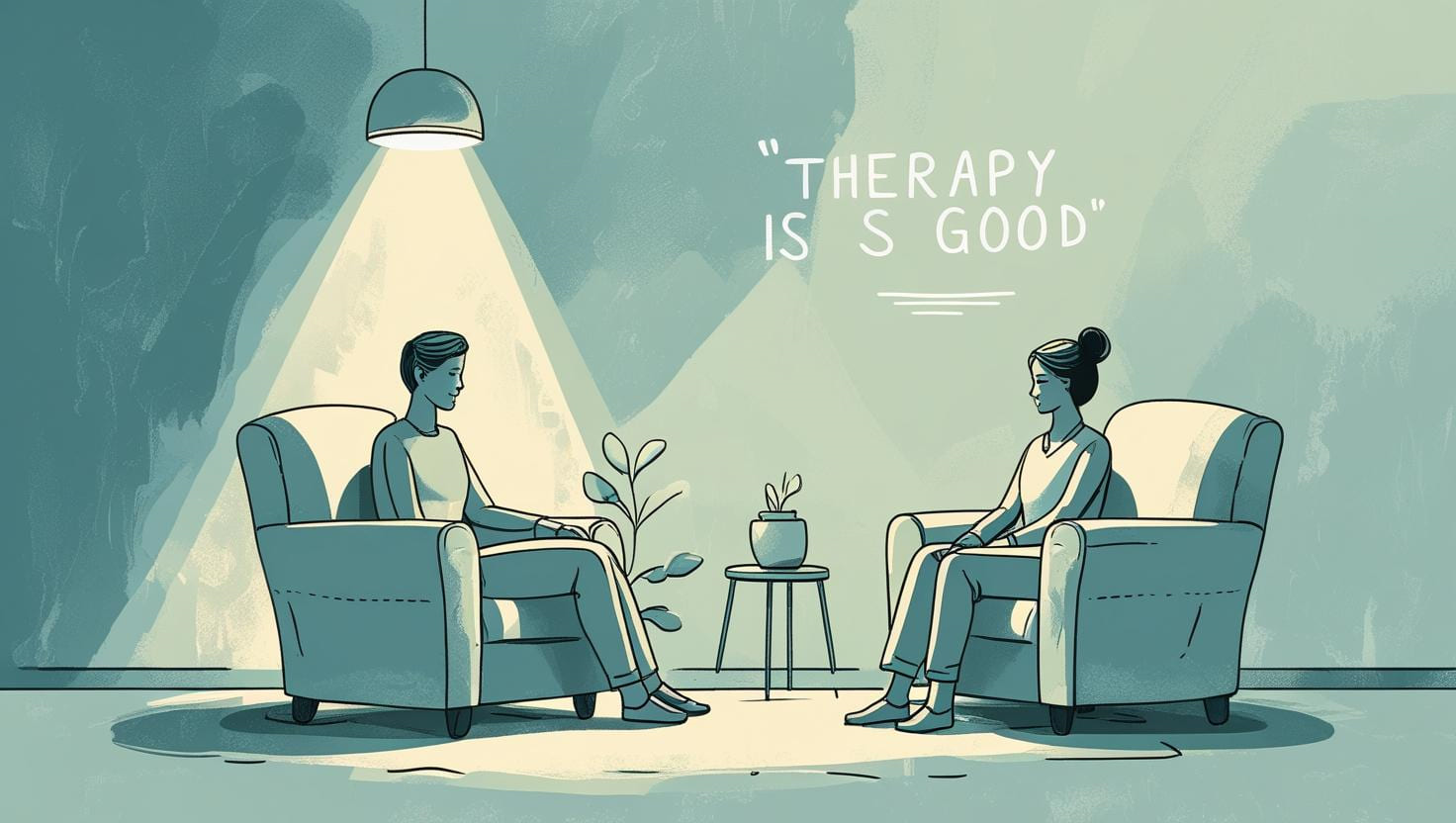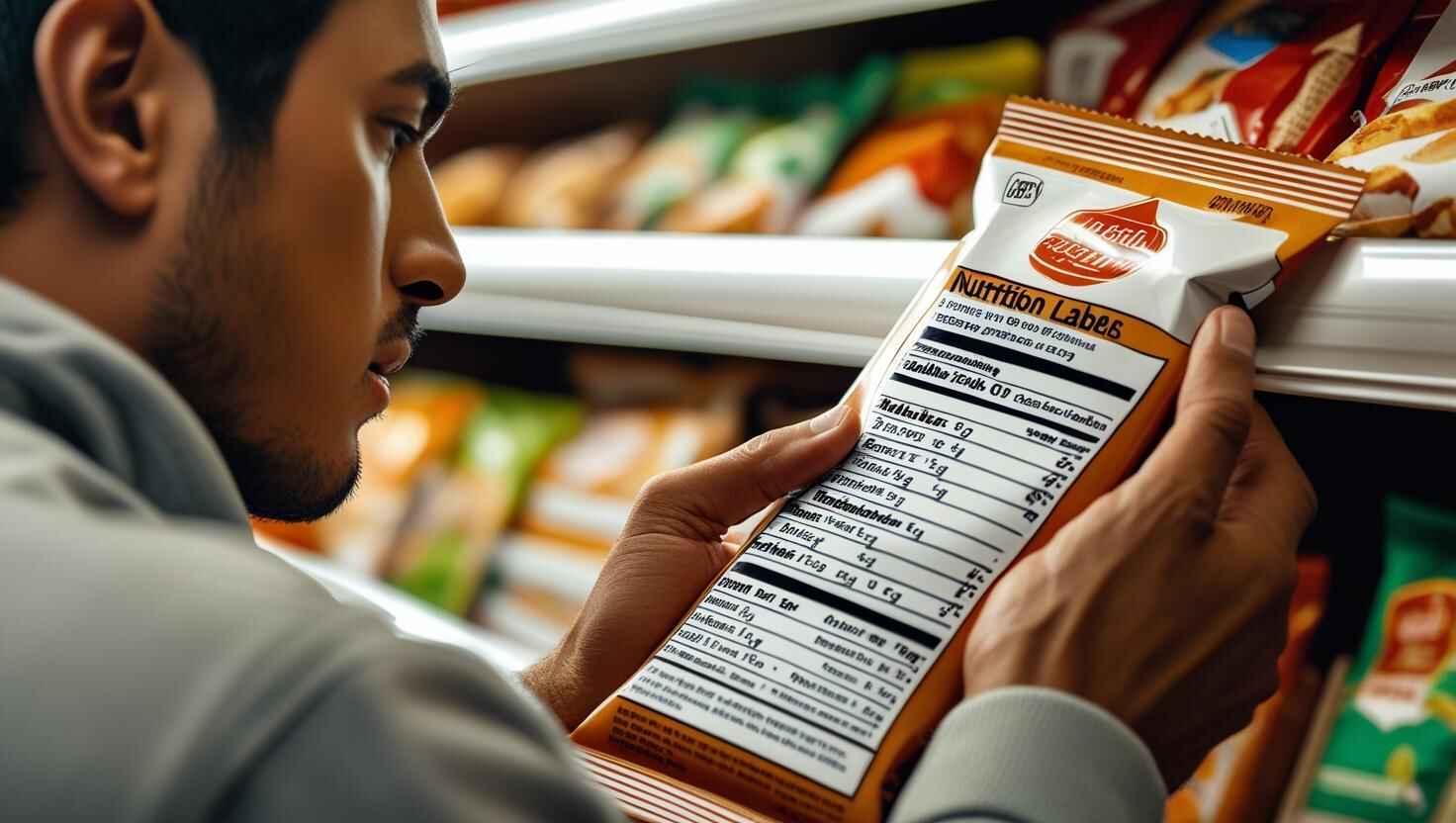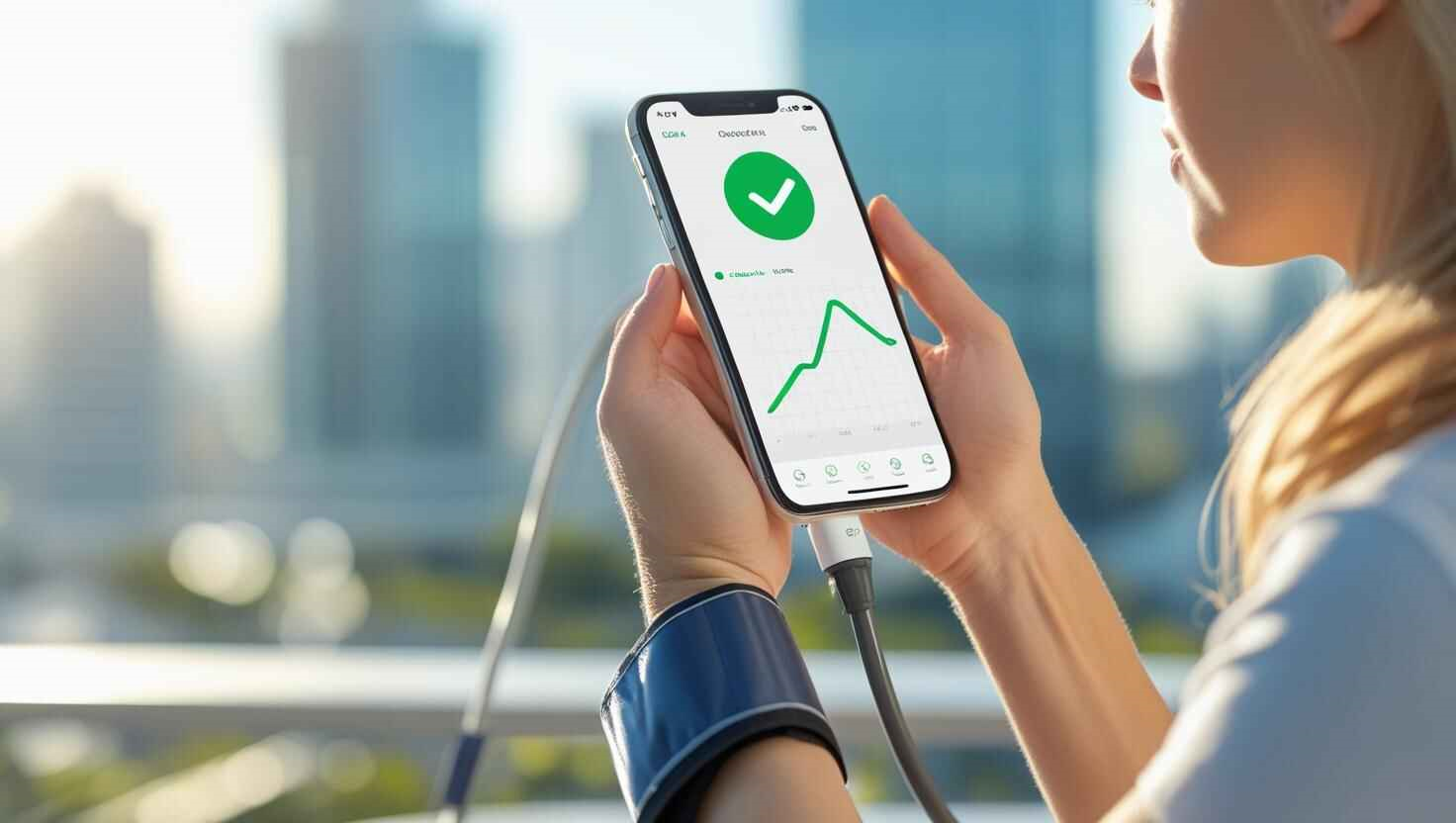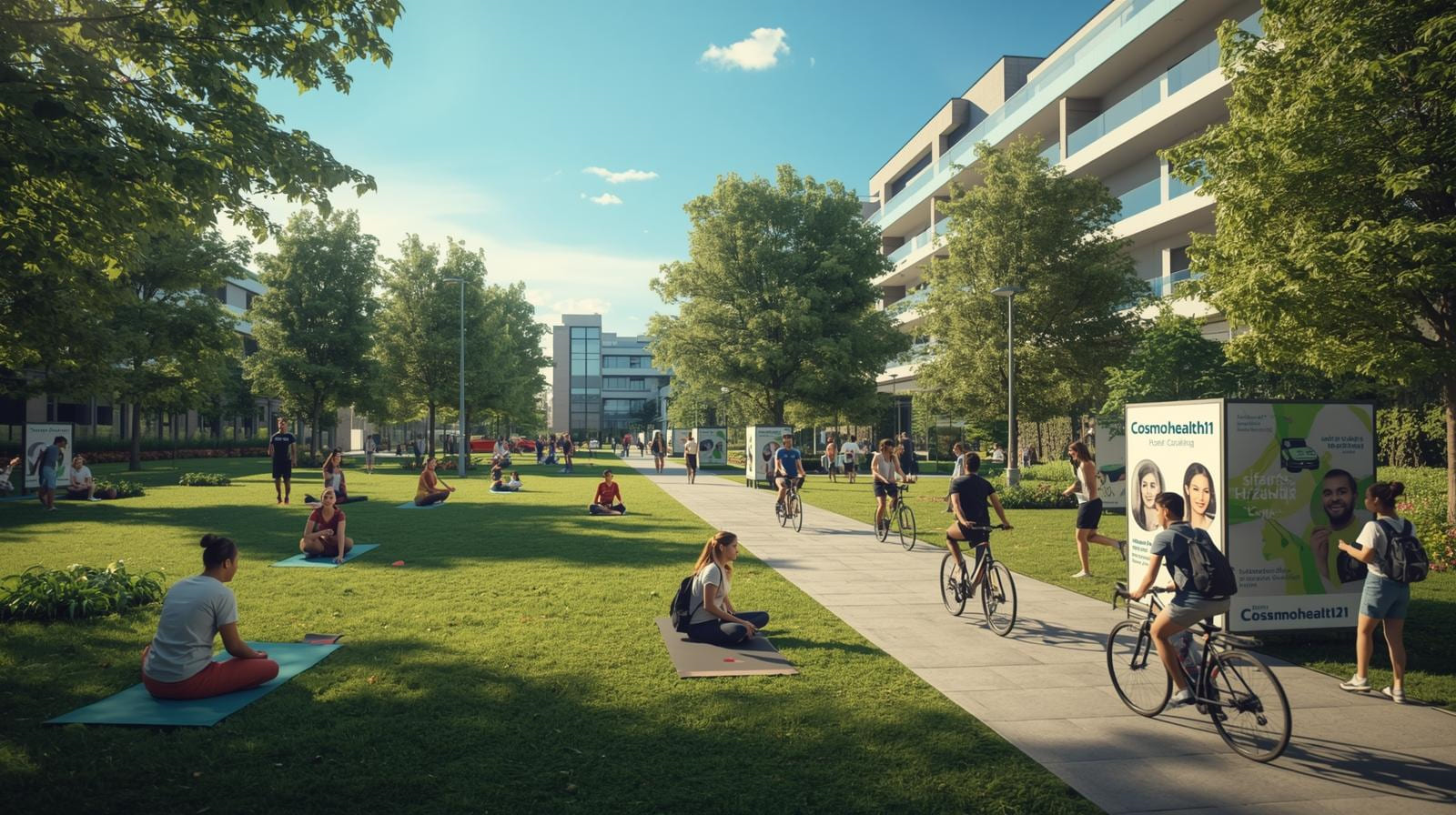
 by Admin
by Admin
 13 Oct, 2025
13 Oct, 2025
How Urban Campuses Can Redefine Student Wellness | Inside the CosmoHealth21 Revolution
India’s cities are facing a quiet health crisis. Hypertension and diabetes rates among young people are climbing fast — more than a quarter of urban youth already show early signs.
This isn’t just genetics; it’s the outcome of stress, poor sleep, ultra-processed diets, and skipped check-ups.
On college campuses, students juggle coursework, jobs, commutes, and social pressure. Most assume youth protects them from lifestyle diseases — until something goes wrong.
CosmoHealth21 is about changing that mindset, shifting the focus from treatment to prevention.
Health, Not Just Marks: The Role of Colleges in Student Well-Being
Universities don’t just shape minds; they shape lifestyles. Yet, campus culture often prizes grades over health — the caffeine, the all-nighters, the fast food.
What colleges can do right now:
- Campus infrastructure: Balanced meals at student prices, with clear nutrition info.
- Learning spaces: Ergonomic seating, natural light, and less strain.
- Wellness integration: Classes that include physical or mental-health activities.
Faculty can partner with health experts to run screenings and preventive drives — exactly what CosmoHealth21 supports.
Partnerships with ethical wellness organisations should prioritise education and access, not advertising.
Breaking the Burnout Loop
Late nights, skipped meals, endless scrolling — they feel normal but come at a cost.
Chronic stress and lack of sleep spike cortisol, which raises blood pressure and insulin resistance. Mental health issues like anxiety and fatigue soon follow.
How to break the cycle:
Wellness workshops can teach simple nutrition, label-reading, and meal prep — because prevention starts with awareness, not medication.
From Lectures to Lifestyle: Making Health a Habit
Universities are great at teaching theory — but prevention needs experience.
CosmoHealth21 integrates health into daily academic life with four pillars:
- Education: Interactive seminars and awareness sessions.
- Screenings: Regular on-campus health checks.
- Expert partnerships: Real-time advice from doctors and nutritionists.
- Data-driven reports: Anonymous campus health insights.
When wellness becomes part of the timetable — not an optional event — behaviour change begins.
Why Mental Wellness Deserves a Mic
Mental and physical health are inseparable. Chronic stress can trigger hypertension, diabetes, and immune issues. Yet, many students hesitate to ask for help.
The essentials:
- Recognition: Spot early signs of anxiety or depression.
- Support networks: Peer counselling and professional help.
- Policy protection: Flexible deadlines for mental-health cases.
- Culture change: Normalise seeking help.
Simple, stigma-free access to counselling can transform student life.
The Rise of Conscious Students
Today’s students are health-aware and climate-aware. They choose plant-based diets, use step trackers, practice yoga, and challenge greenwashing online.
What’s trending on campuses:
- Mindful movement: Yoga, meditation, fitness clubs.
- Conscious eating: Local, transparent sourcing.
- Sustainable living: Health linked to climate and ethics.
Universities can nurture this energy through peer-led clubs, wellness fairs, and funding for student-run projects.
What Makes CosmoHealth21 Different
CosmoHealth21 puts prevention before promotion.
It works with credible partners to run evidence-based, data-driven health events — not product expos.
Core values:
- Prevention first
- Long-term wellness ecosystem
- Transparent data and measurable impact
- Each university co-creates its version — whether a screening camp, seminar expo, or wellness fair — ensuring relevance and real results.
Smart Collaborations with Wellness Partners
Students are flooded with wellness ads, but CosmoHealth21 filters the noise.
Trusted wellness partners are invited to educate and engage students — not to promote or sell.
How partnerships add value:
- Nutrition education: Label reading and sugar awareness.
- Technology demos: Apps that track habits gently.
- Lifestyle focus: Sleep, hydration, and posture.
These hands-on sessions turn abstract “wellness” into something tangible.
CSR & Campus Wellness: Why Companies Should Care
Supporting student health isn’t charity — it’s smart CSR.
When brands fund screenings, expert talks, or wellness workshops, everyone benefits:
students get resources, institutions get data, and companies build authentic goodwill.
Three major payoffs:
- Brand loyalty — students remember genuine impact.
- Innovation testing — campuses become pilot zones.
- Policy impact — shared data shapes better public health strategies.
Building a Sustainable Ecosystem
True wellness takes time.
CosmoHealth21 follows a three-phase approach:
- Foundation: Pilot in select colleges.
- State expansion: Scale proven formats.
- National integration: Align with government health missions.
Post-event reviews, student “wellness ambassadors,” and feedback loops keep momentum alive.
Shared data helps identify patterns and inform policy — turning one campus’s progress into a national model.
The Hidden Sugar Trap
That “100% natural” juice or “energy” bar? It might pack more sugar than a soda.
Quick facts:
20g — average sugar in one energy bar.
25g — WHO’s daily sugar limit.
39g — sugar in one glass of fruit juice.
Education is the antidote.
Workshops on nutrition labels, portion sizes, and taste-testing natural alternatives show that real energy doesn’t come from sugar — it comes from knowledge.
Environment & Lifestyle: The Invisible Factors
Urban campuses are often surrounded by pollution, noise, and poor ventilation — invisible stressors that affect both body and mind.
Key concerns:
- Air quality: PM2.5 and vehicle emissions.
- Noise: Traffic and construction disturbing sleep.
- Water: Microplastics in old infrastructure.
- Screen time: Less sunlight, disrupted sleep cycles.
- Indoor air: CO₂ buildup and allergens.
Solutions include green buffers, better ventilation, hydration awareness, and mindful breaks outdoors.
Nutrition Myths vs. Reality
- Brown sugar ≠ healthy: It’s just white sugar with molasses.
- Energy drinks: Cause dehydration and heart strain.
- Supplements: Can’t replace real food.
- Skipping meals: Slows metabolism and triggers overeating.
CosmoHealth21 debunks these myths through expert Q&As and affordable meal demos — showing students how to eat smarter, not trendier.
Final Takeaway
Wellness on campus isn’t about slogans — it’s about systems that support health every single day.
CosmoHealth21 redefines what it means to study, live, and thrive in India’s cities — building a generation that values prevention, awareness, and community health.
Search
Recent Post

 16 Oct, 2025
16 Oct, 2025
Corporate Wellness: The New Workplace Priority

 12 Oct, 2025
12 Oct, 2025
What’s Really Inside Your Food Packet?

 02 Jul, 2025
02 Jul, 2025
Is Your Air & Water Making You Sick?

 14 Jun, 2025
14 Jun, 2025

